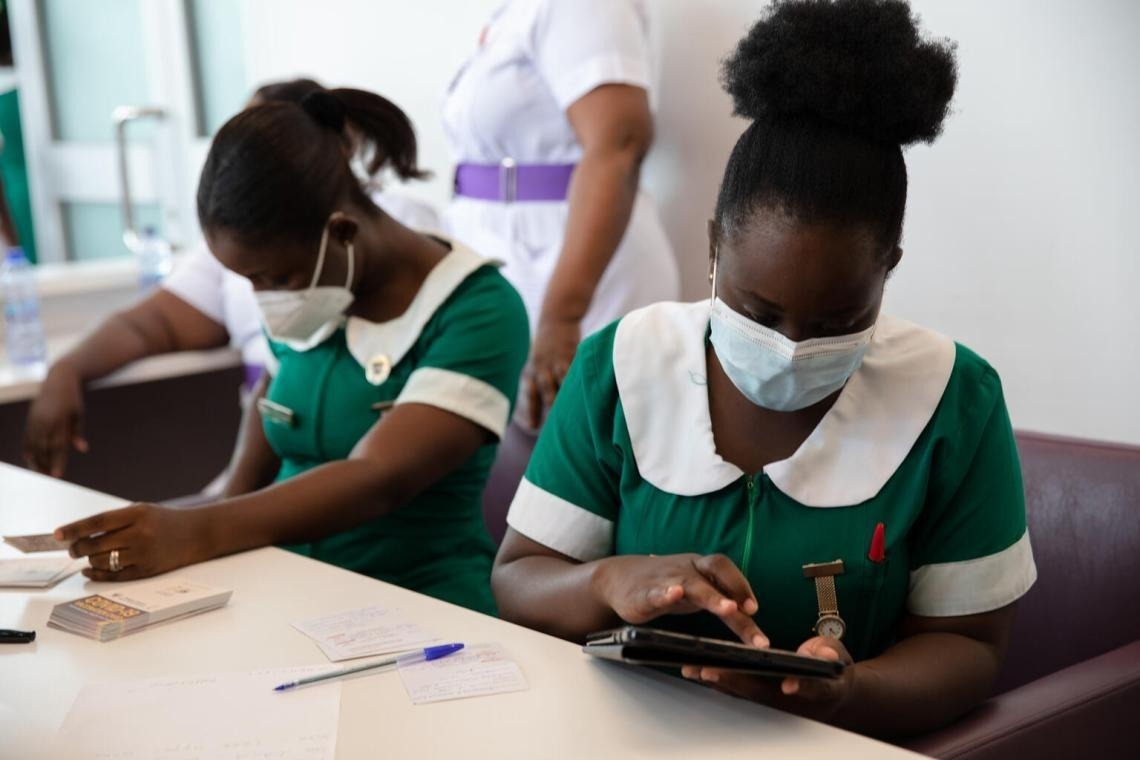2021 Digital Public Goods Alliance Report

Today, the Digital Public Goods Alliance is pleased to share our 2021 Annual Report. This report was written with contributions from over 20 organisations working in the digital public goods ecosystem, and showcases not just the work of the DPGA, but their work as well.
Throughout 2021, the DPGA has evolved into a global network with expanding formal memberships and a large group of stakeholders undertaking activities advancing digital public goods. The common goal shared by all is to accelerate the attainment of the sustainable development goals in low- and middle-income countries by facilitating the discovery, development, use of, and investment in digital public goods, the DPGA’s mission.
2021 has been a year where digital public goods (DPGs) have become a critical part of the world’s “toolkit” for meeting continued and emerging challenges. High-quality, open-source digital solutions have been front and centre throughout both pandemic responses, and in the move towards recovery.
The 2021 report showcases the power of digital public goods. This year…
- The World Bank G2Px program provided technical assistance to 34 countries on technical design and implementation of digital G2P payments.
- The eGov Foundation supported the Government of Jamaica in preparations to roll out COVID-19 vaccine certificates using DIVOC. DIVOC has already been used to generate over 1 billion secure and verifiable vaccination test certificates for COVID-19 in India, Sri Lanka and the Philippines.
- The republics of Estonia, Finland and Iceland continued to extend their efforts beyond their own borders through the Nordic Institute for Interoperability Solutions (NIIS), a non-profit which supports cross-border components of digital public infrastructure including the DPG, X-Road.
- Sierra Leone was able to save their citizens a collective $1.94M by implementing Government Services Platforms which utilise USSD and SMS for service delivery.
- Public Digital researched and wrote a guide for governments and funders, Open Source in Government: Creating the Conditions for Success which aims to help governments use open-source software, including digital public goods, successfully.
- UNICEF and WHO launched the Digital Health Centre of Excellence (DICE) in April. Their work highlights the importance of pre-emergency investments in digital public goods.
…and that’s just the tip of the iceberg.
Against the backdrop of the COVID-19 pandemic, there has been rapidly growing support for the idea of digital public goods, driven by a recognition that the process of digital transformation urgently needs effective, easily adoptable and adaptable, open tools.
Through joint and independent activities, individual experts, multilateral organisations, governments, private sector companies and civil society are helping to achieve the sustainable development goals through digital public goods. The report also highlights the work of the DPGA’s core activities, the increasing momentum across the DPG ecosystem, and unprecedented collaboration. As we look forward to 2022 and beyond, we hope to capitalise on this momentum, invite more stakeholders to be part of the movement, and evolve the diversity and strength of the ecosystem. It will take a concerted effort across geographies, institutions, and sectors to achieve these goals, but together we are greater than the sum of our parts.